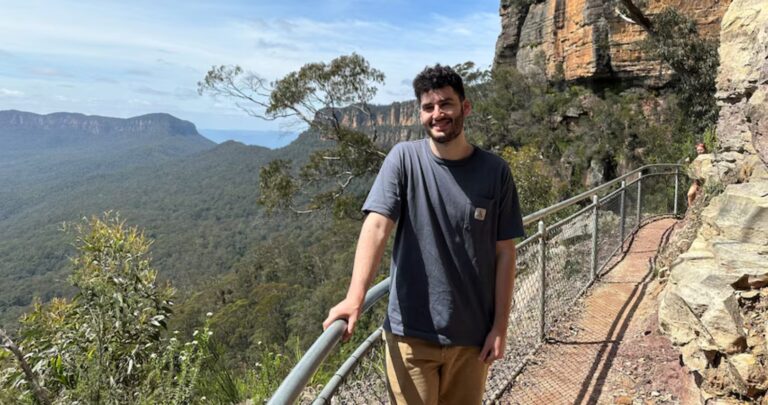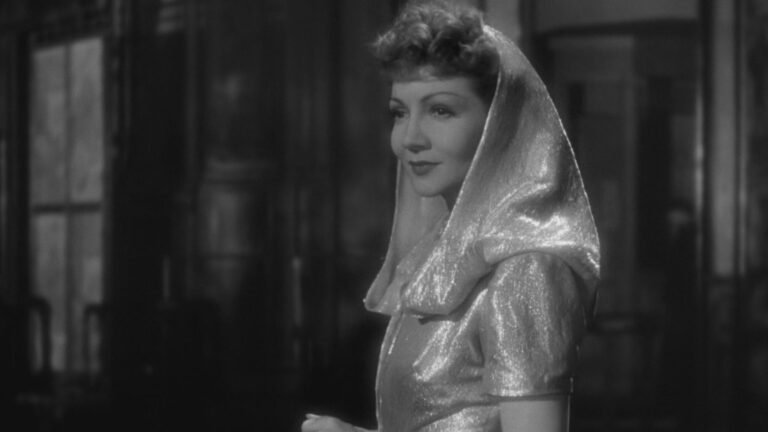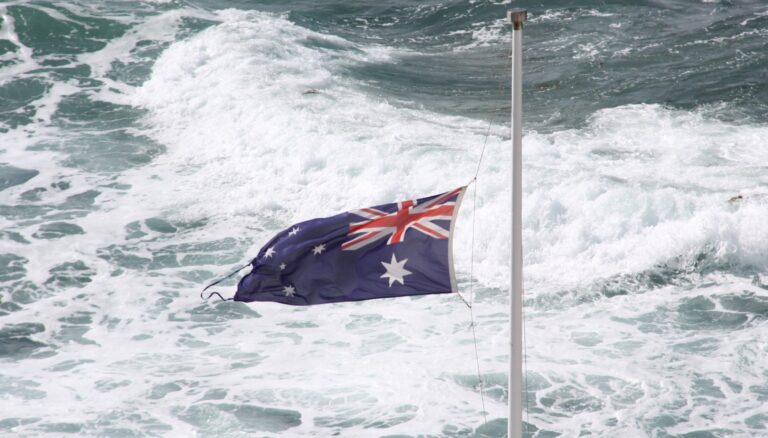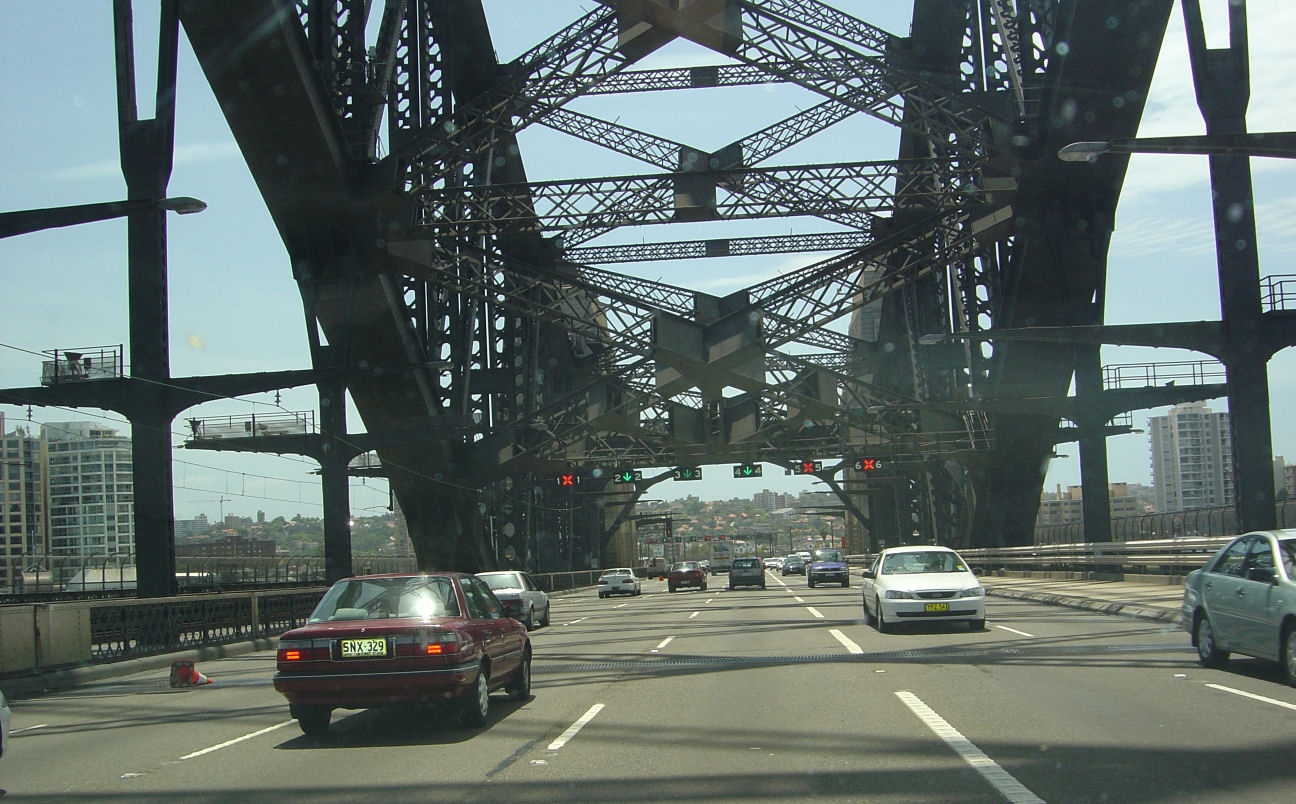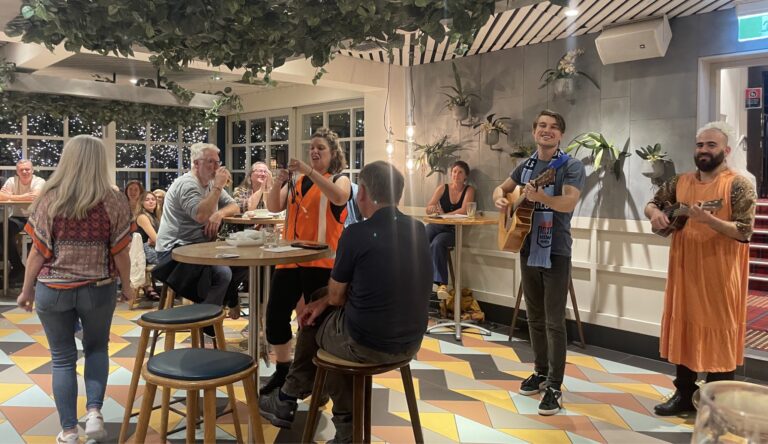

Opinion by PETER HEHIR
With politicians all over the world still stumbling about, lost in the maze of the late 19th century right/left polemics, I was pleasantly reminded of the time I was privileged to interview one of my two political heroes. It was in the early 80’s. The exact date is buried somewhere in my memory.
The other luminary was Ted Mack, who we lost in November last year. This was a man with principles, even forgoing his entitlement to a substantial pension, not once but twice, by resigning to ensure he was ineligible.
I clearly remember the image of my heroine walking along a corridor beside Jack Mundey with a few founder members of the Sydney Greens, the first Green Party in Australia, following along behind.
I still have the tape of that interview.
After a pretty productive Eco Transit meeting on a Saturday afternoon this month, I was sharing a beer with a mate and I mentioned her name. I was surprised that he’d not heard of her.
At the press conference I asked my Dorothy Dixer: “Where do the Greens stand on the left/right question?” I can still hear her reply. Without missing a beat, she settled her gaze on me and said: “The Greens are neither left nor right. We are straight ahead.”
Her response made me smile. She seemed tired and the dark circles under her eyes made her look much older than her years. I remember thinking she really should take care of herself. But she was on a mission, perhaps impelled by the loss of her younger sister to cancer and she was a very long way from home.
Politics as polemics
As my drinking buddy’s curiosity was aroused I suggested he read one of her books, Fighting for Hope, and another by Rudolph Bahro, From Red to Green. Both of these people were resident in a part of the world where today’s predominant political ideologies loomed large and clashed spectacularly – separated in a city that was geographically divided along capitalist and socialist lines.
A city with a wall running through the centre. Demolished almost 30 years ago, the wall is now a memory. So too is my heroine. We lost her on 1st October 1992. She left us in suspicious circumstances that have never been adequately explained, but she did get to see the wall fall in 1989.
Thirty years later we are still preoccupied with the 19th century left/right polemics. By pigeon-holing all political debate into either one or the other of these cul de sacs, we ensure the perpetuation of the irreconcilable division and the ongoing stalemate.
This archaic sentiment permeates today’s politics, both internationally and here in NSW. The Neo Cons with their championing of Friedmanite economics, are utterly obsessed with privatisation and the dismantling of the public service; seeing both as manifestations of the good/bad/capitalist/socialist division.
The conservatives also are hell bent on quashing any and all opposition, which is why they attack the union movement with such vitriol, demonising officials, policies and members alike. The construction, transport and manufacturing unions are under the gun.
They face a hostile media ever willing to misrepresent their policies and accuse officials of acting in interests that are contrary to the public good.
1st October anniversary
Even after the fall of Russia and the widely publicised brutality of both the Chinese and Russian brands of state run socialism, it’s worth noting that the following statement still exists in the ALP’s platform.
“The Australian Labor Party is a democratic socialist party and has the objective of the democratic socialisation of industry, production, distribution and exchange, to the extent necessary to eliminate exploitation and other anti-social features in these fields.”
What does this mean? How is this to be achieved? Does this democratic socialisation strike at the heart of the freedoms that we hold so dear? Is this what makes the ALP a leftist party and drives conservative governments and their supporters to fear them?
Which brings me back to my heroine. She and Bahro were both deeply suspicious of the capitalists and the socialists. They were only too aware of the ever increasing nuclear arsenals facing off against each other with the front line in their backyard.
They could clearly see that a willingness to die in defence of an ideology and in so doing, take out the mass of humanity, was patently absurd; recognising that a path that was rooted in nonviolence, acknowledging that the environment had to be protected at all costs; that social justice wasn’t to be found in either of the major ideologies and that hierarchical structures had to be replaced by a genuine grassroots democracy, was the only sane way forward.
So, on 1st October, pause for a moment and spare a thought for Petra Kelly who was clearly one of the truly original political thinkers of the 20th century.
